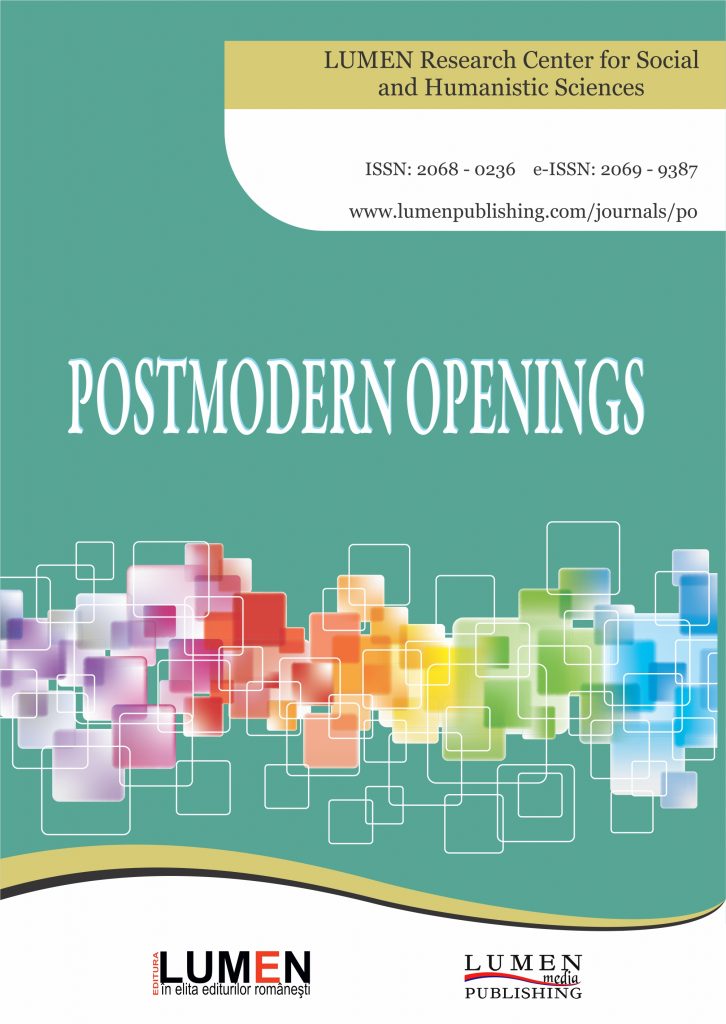A Moderated Mediation Effect of Online Time Spent on Internet Content Awareness, Perceived Online Hate Speech and Helping Attitudes Disposal of Bystanders
A Moderated Mediation Effect of Online Time Spent on Internet Content Awareness, Perceived Online Hate Speech and Helping Attitudes Disposal of Bystanders
Author(s): Dana Rad, Edgar DemeterSubject(s): Social Sciences, Psychology, Social psychology and group interaction
Published by: Editura Lumen, Asociatia Lumen
Keywords: perceived online hate speech; moderated mediation; emergent behaviour; online time spent; internet content awareness; helping attitudes disposal of bystanders;
Summary/Abstract: Digital counter narratives have proved to be a consistent support to victims of online speech as they are defined as online narrative activities and actions, mostly verbal that have as effect the lowering of the negative psychological distress caused by hate speech (HS) over their victims. Internet content awareness (ICA) has an indirect significant effect on the relationship between perceived online HS and helping attitudes disposal towards the victim of HS, moderated by the online time spent by youth. Does internet content awareness (ICA) influence the helping attitudes disposal of bystanders in an online hate speech situation? Is the indirect effect of ICA mediation significant in triggering the helping attitudes towards the victims? Does the online time spent by youth moderates this relationship? These are the questions proposed by this research funded by Erasmus+ project Hate’s Journey. Our research team has designed an online questionnaire addressing 206 youth from Latvia, Turkey, Spain and Romania. We have used a moderated mediation model (Model 7 from Process Hayes). The key finding of this research is that in an online hate speech situation, the more aware a person is regarding the online content, the more helping attitudes will show towards the victim of HS, under the conditioning of less and medium time spent online. Conclusions and discussions will focus on the argumentation of results with regards to emergent behaviour paradigm.
Journal: Postmodern Openings
- Issue Year: 11/2020
- Issue No: 2supl1
- Page Range: 107-124
- Page Count: 17
- Language: English

